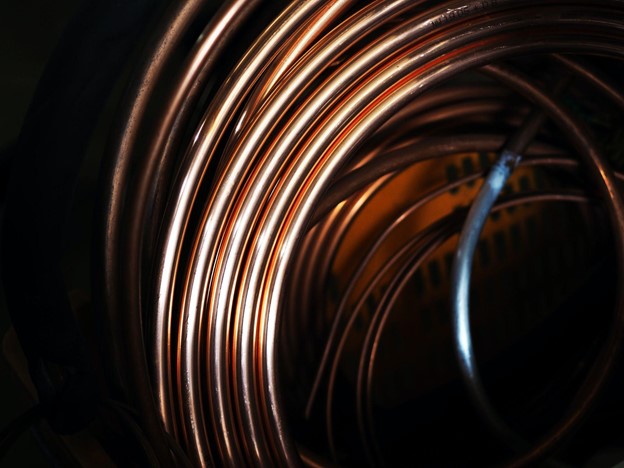Stainless Steel
Stainless steel is often overlooked by contractors when selecting materials for metal pipework because of its high price. Stainless steel pipe is a material that offers value and returns on investment because of its many advantages for industrial and commercial applications.
Stain and corrosion resistant
Corrosion is the top enemy of metal piping. The outer surface of steel, iron, and concrete piping can degrade from soil and UV light. Interior walls of piping made from other materials will tend to rust, are damaged through abrasion, or accumulate debris. But thanks to the corrosion resistance properties of stainless steel, this is far less common.
Environment-friendly
Stainless steel is not a petroleum product. Contrary to other piping materials, it doesn’t need to be coated or lined. When you need to replace or dispose of stainless steel piping, it is 100% recyclable, reducing the environmental impact. As much as 50% of all new stainless steel that is produced in the United States is made from recycled scrap metal.
Corten Steel
Corten weathering steel is a type of steel that develops a protective layer of rust when exposed to atmospheric conditions.
The two main types of Corten steel are: Corten A, which is typically used for architectural purposes and Corten B, which has been impact-tested meaning it is often used in structures.
Anti-corrosive
Corten steel has anticorrosive properties, which makes it superior to other structural steels. The naturally occurring rust that it develops helps to lengthen the lifecycle of a weathering steel structure, which in turn keeps costs to a minimum.
Less paint
The protective layer of rust that Corten steel develops when exposed to moisture and oxygen reduces the need for paint. Volatile organic compounds found in certain paints pose issues and can cause damage. By using this solution, some of these issues and potential damage can be avoided.
Copper
Copper piping has become the standard hard pipe in the plumbing industry and has been used in plumbing applications for many years.
Durability
Copper plumbing pipes have proven to be extremely durable. This piping material is able to handle pressure of up to 1000 psi. The average lifespan of copper piping will range from 50–70 years depending on variables such as the surrounding climate, water quality, and operating patterns.
Fire resistant
Since copper piping features a high thermal rating, it is resistant to fires. For homeowners concerned with using fire retardant materials, copper makes an excellent choice.
Carbon Steel
Carbon steel has a higher level of carbon in relation to iron than other types of steel. This higher carbon content provides greater overall strength in the finished product. While other types of steel may have carbon content as low as 0.05%, carbon steel contains between 2% and 2.5% carbon.
Affordability
It’s far cheaper to manufacture certain products out of carbon steel than other metals, as a little can go a long way. Its durability means less metal can be used while still performing the same function as materials – such as piping – that may be made of another metal like copper.
Durable
The biggest benefit of carbon steel is its durability. It is strong and shock-resistant, which is why it makes such a beneficial material for construction projects. Business places, government buildings and residences constructed with steel materials are more resistant to natural disasters such as earthquakes and tornadoes.
Qemi International offers customers a wide range of pipes and tubing for various industries like sugar mills and for oil and gas. For further queries, reach out to us.

